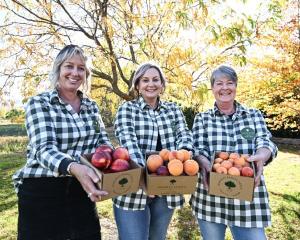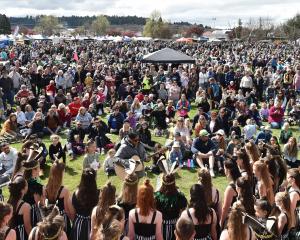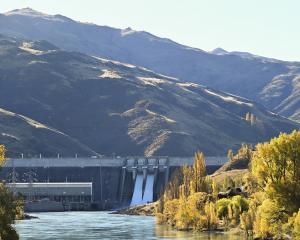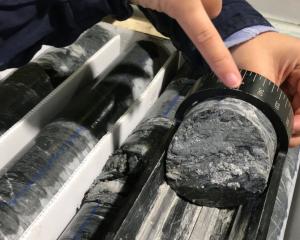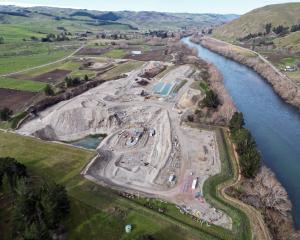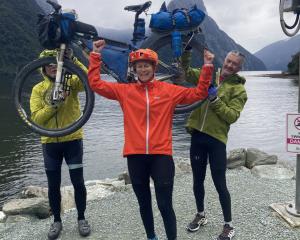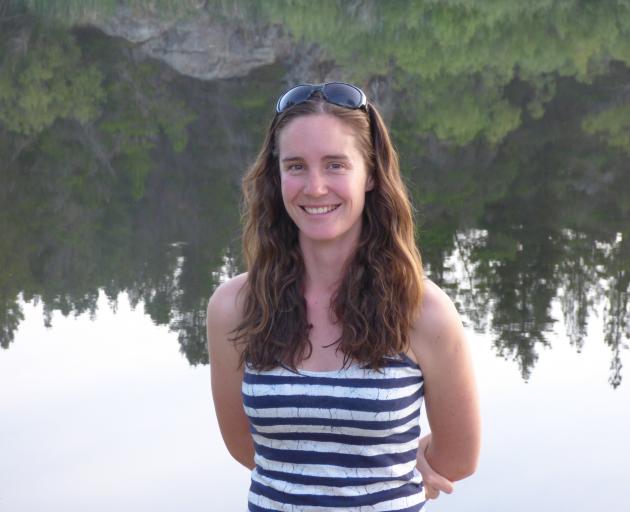
Rebecca Nadge asks how she is finding her new lifestyle and where she sees conservation headed in the future.
Q What is a typical work day for you?
It's either an office day, in which case I'm planning Doc operations, issuing permissions to external agencies, and working with contractors, or it's a field work day, in which case I'm monitoring skinks, plants, covenants, chafer beetles.
Q What made you decide to become a ranger?
I've always been interested in conservation and biology and rangering is a really practical way of doing fieldwork and doing science. I enjoy the opportunity to work outdoors and the feeling of satisfaction from the chance to do something immediately practical for conservation, like weeding and trapping.
Q Your job has a lot of variety and takes you to a lot of different areas in the district. Where is somewhere memorable or interesting in Central Otago that you've visited?
I really enjoy going to Macraes and Nenthorn wetland and working there on the skinks. It's a big project out there with trapping and predator-proof fences, in a really interesting landscape. I'm involved in monitoring the skinks, which are quite large and bold so they are very interesting to observe. It's also nice going over to Wanaka.
Q From an ecological perspective, how is Central Otago unique from other areas of New Zealand and what does this mean for your role as a ranger?
Central Otago consists of predominantly dryland ecosystems which are some of the least protected and most threatened ecosystems in the country. Ecosystems such as salt pans and inland sand dunes now only occur in small patches around Central Otago but house a large number of threatened plant and animal species that are found nowhere else in New Zealand. As someone who has come from the forests and wetlands of Canterbury this has meant I am quickly having to learn these unique Central Otago species and gain an understanding of these ecosystems and their threats, which I am finding really interesting.
Q Where do you see conservation headed in the future?
A lot more community involvement and bringing biodiversity back into urban and farmed areas to live alongside us - not just relegating it to reserves. There is a movement around the country to set up backyard trapping projects and planting natives in towns and cities. You can see the evidence of this in Alexandra already with the schools, for instance, like St Gerards planting natives and people feeding tui at their houses.
Q Given that you're still relatively new to the area, what is something you're hoping to experience while you're here?
I haven't had a Central Otago winter - I've heard some pretty awful things about it - but also I'm looking forward to trying some ice skating or curling or some skiing. To have a proper winter will be quite cool.
Q How do you spend your free time?
I try to do some tramping and I'm trying to pick up some new hobbies like fishing and mountain biking now I'm here. Alexandra has easy access to a lot of outdoor recreation opportunities which is great and I'm really enjoying the community feel of living in a smaller town - even if I do keep going to the shops on Sundays and forgetting that they are closed!
-By Rebecca Nadge

